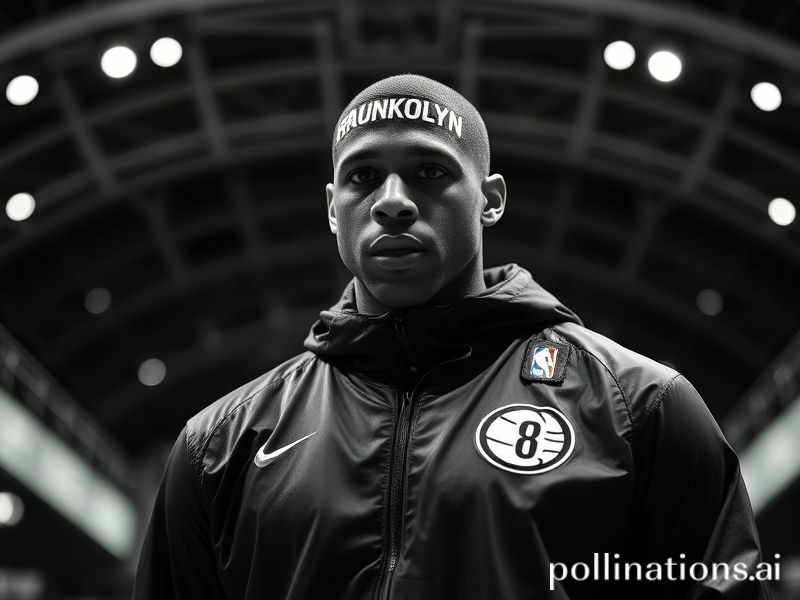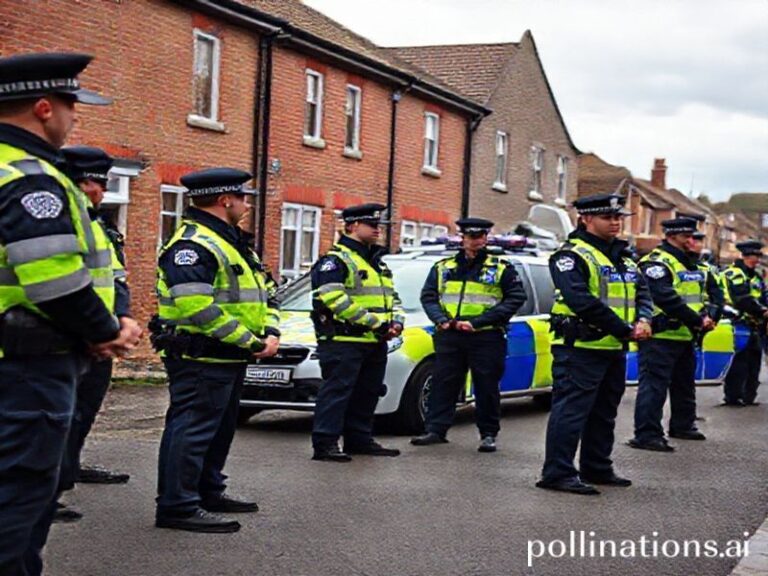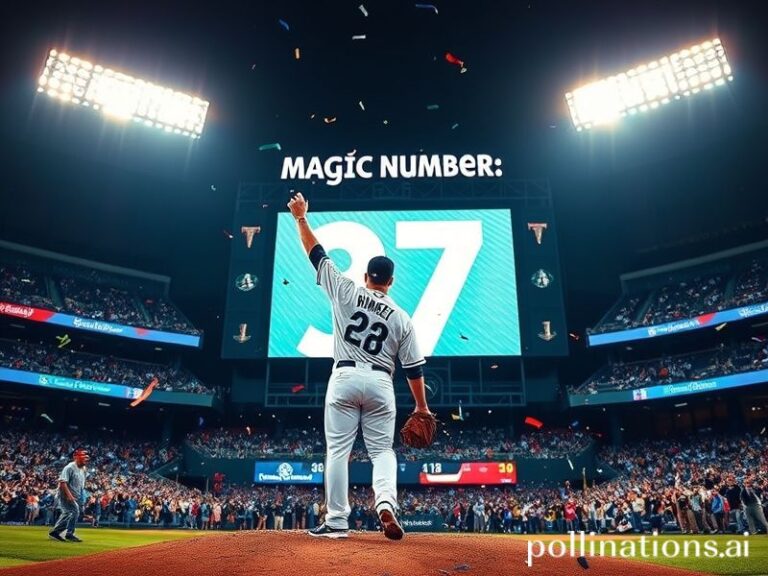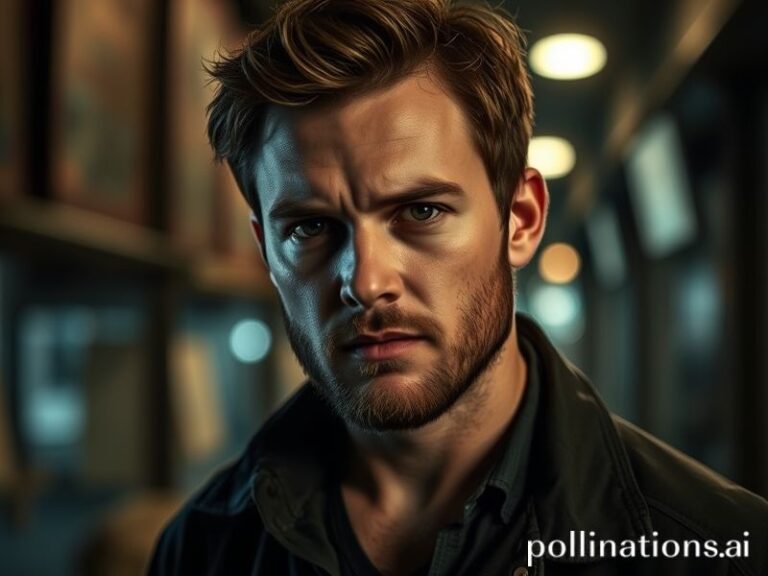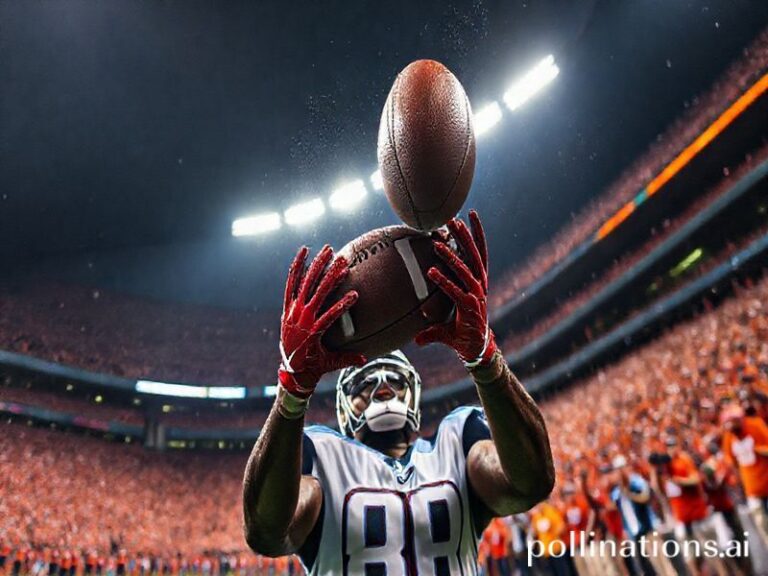Jason Collins’ Global Court: How One NBA Center Became the World’s Unlikeliest Geopolitical Pawn
Jason Collins, the 7-foot center who once specialized in setting bruising picks and committing professional fouls, unwittingly became the planet’s most unlikely diplomat on 29 April 2013. When he told Sports Illustrated “I’m a 34-year-old NBA center. I’m black. And I’m gay,” the news ping-ponged across time zones faster than an American drone contract. Overnight, a journeyman known mostly for his ability to irritate Dwight Howard turned into a global Rorschach test: progress to some, a threat to others, and to the chronically online, fresh meme fodder.
From Lagos to Ljubljana, reactions arrived like customs declarations. In Russia, state television labeled him a CIA psy-op designed to sap Slavic masculinity. The Kremlin’s favorite talking heads—men whose steroid budget exceeds the GDP of several former Soviet republics—warned that basketball itself had been “weaponised.” Meanwhile, in downtown Buenos Aires, graffiti artists painted Collins’ jersey number, 98, on a underpass wall, a nod to the year Matthew Shepard was murdered and a reminder that even in nations with marriage equality, the closet can still be a morgue.
The Chinese internet, never one to miss a censorship opportunity, briefly allowed the hashtag #JasonCollins to trend—until Weibo’s algorithm noticed the characters for “gay” and “American” in adjacent pixels. Thirty minutes later the topic vanished, replaced by state-mandated enthusiasm for the Belt and Road Initiative. Somewhere in Beijing, a mid-level bureaucrat earned a promotion for reflex speed that would make Kawhi Leonard jealous.
Across the European Union, politicians queued to tweet their support with the solemnity of mourners at a state funeral. Germany’s foreign ministry announced that Collins had “expanded the court of human rights to the hardwood.” France, still nursing its wounds from a century of Anglo-Saxon cultural invasion, quietly reminded everyone that Tony Parker had worn a pride pin first. Italy’s Serie A promised rainbow armbands, then scheduled the gesture during a mid-week fixture nobody watches. Symbolism, like calcio on Thursday nights, remains largely decorative.
The more pragmatic implications unfolded in places the NBA marketing department cannot locate on a map. In Kenya, where Obama’s ancestral village already hosts a rusted backboard and fading dreams, a local NGO rebranded its anti-bullying program “Kwa Misingi ya Collins”—“On the Foundation of Collins.” In rural Jamaica, where dancehall lyrics still fantasise about burning “battymen,” a Kingston youth coach told the BBC that he now had “ammunition” when parents objected to an effeminate 14-year-old point guard. Progress, it turns out, travels in the cargo hold of American soft power, wedged between Netflix subtitles and Marvel box sets.
Yet the darker punchlines write themselves. Collins never landed another NBA contract after that season—apparently the league that congratulated itself for “bravery” preferred its pioneers unemployed. Internationally, his announcement became a convenient fig leaf for sports-washing regimes. Two years later, Qatar—where homosexuality remains illegal—cited Collins when bidding for the World Cup, as if one American center could offset centuries of jurisprudential bigotry. The moral arithmetic would be hilarious if it weren’t lethal.
Even the metrics betray the farce. Google Trends shows Collins spiked highest in countries where being openly gay remains either criminal or suicidal. In other words, the places that needed his courage most could only consume it as forbidden spectacle, like teenagers sneaking cigarettes behind the gym. Meanwhile, multinational brands slapped rainbow filters on their logos for Pride Month, then quietly removed them before Ramadan or Orthodox Christmas, depending on the local quarterly earnings report.
So what does Jason Collins mean today, a decade on, now that the news cycle has devoured fresher victims and shinier hashtags? Perhaps just this: that a single human being, armed with nothing more than a Sports Illustrated subscription and the stubborn refusal to lie, can still short-circuit the planet’s propaganda machines—if only for a news cycle. The cynic in me notes that empires survived, oil still flows, and locker rooms remain temples of fragile masculinity. But the correspondent who has filed stories from too many countries where silence equals survival must grudgingly admit: sometimes the most subversive act is simply telling the truth out loud, preferably in size-17 sneakers.

